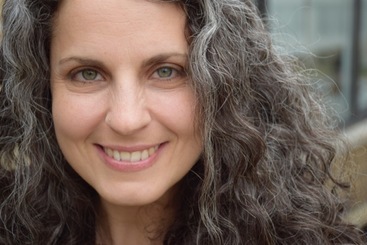
Is this an approach you’d planned or is it more about what children need-namely the truth?ĪNASTASIA HIGGINBOTHAM: It’s a genuine reaction to hearing the spin and objecting to it. MUTHA: By admitting in the title that, “Death is Stupid,” you use radical empathy to connect with children. I think if we did more of that than the constant busyness of simultaneous communication we’d do better. In a William Maxwell book, a child’s mother has recently died, and there’s a scene where the child puts his arm around his father’s waist and the father lets him. Sometimes, we just need to sit there and not call or tell anyone. Don’t ever have a moment that’s not to share or be ‘liked.’” There’s something really gross in our culture about not feeling pain. Don’t ever not have a screen in front of your face. We tell children, “Don’t worry.” We tell ourselves, “Don’t ever be bored. One that is rich and real and complicated. I think that they want us to recognize and acknowledge that they have real problems. Kids don’t want us to solve their problems. What the child needs is the room to have a reaction. “What if it’s too big? What if I don’t say the right thing? What if I mess this up?” It’s really very self-referential. MUTHA: Do you think it is for the comfort of adults that we sugar coat unpleasant things like death?ĪNASTASIA HIGGINBOTHAM: It’s really that we’re scared. The newest one, Death is Stupid, approaches grieving children with an honesty that is both refreshing and challenging-radical empathy. Moments like these are the inspiration behind a series of books: “Ordinary, Terrible Things.” Writer and artist Anastasia Higginbotham has created beautiful books that offer straight talk and clear images to explain the truth. These were nice people, but entirely unhelpful. Also, I could understand that he wasn’t going to ask for pancakes-first because no one who wakes up in a hospital with a tube in his nose is going to ask for breakfast and second because my father ate eggs. At the age of seven, I knew this was ridiculous because all of our relatives had come to the hospital and everyone was stone faced. When my father was in a coma, people kept telling me that he would wake up and ask for pancakes. Adults feed into this perception by saying things like, “Grandma is in a better place now,” “God doesn’t do anything without a reason.” “This sad feeling will pass.” They aren’t making it easier for the children, they are making it easier for themselves.


They see adults behave childishly, irrationally, and inappropriately. Children of tragedy experience a moment where they are forced to grow up and see that adults are full of it most of the time. Grieving children and children of divorce learn way too early that adults are emotional children. By Katherine Thome 0 Radical Empathy: DEATH IS STUPID, an Interview with Anastasia Higginbotham


 0 kommentar(er)
0 kommentar(er)
